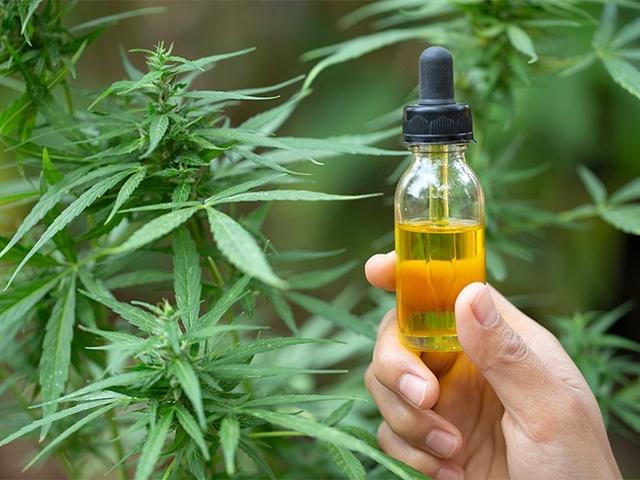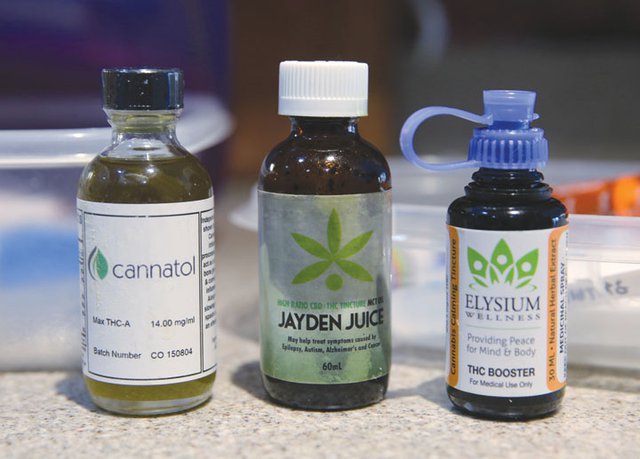In the realm of alternative medicine, CBD oil has emerged as a promising remedy for various ailments, including depression. With the growing interest in natural therapies, many individuals are turning to CBD oil as a potential treatment for managing symptoms of depression. But what exactly is CBD oil, and how does it affect depression? Let’s delve into the details.
Understanding CBD Oil
CBD, short for cannabidiol, is a compound found in the hemp plant. Unlike its counterpart THC (tetrahydrocannabinol), CBD is not psychoactive, meaning it doesn’t induce a “high” sensation commonly associated with hemp. Instead, CBD interacts with the endocannabinoid system in the body, which plays a crucial role in regulating various physiological processes, including mood, sleep, appetite, and stress.
CBD oil is typically extracted from hemp, a variety of hemp that contains high levels of CBD and negligible amounts of THC. This extraction process involves separating CBD from other compounds found in the plant, resulting in a concentrated form of CBD oil.
The Science Behind CBD and Depression
Research on the effects of CBD oil on depression is still in its early stages, but preliminary studies suggest promising results. CBD is believed to exert its antidepressant effects by influencing serotonin receptors in the brain. Serotonin is a neurotransmitter known to regulate mood and emotions, and imbalances in serotonin levels are often associated with depression.
One study published in the Journal of Psychopharmacology found that CBD exhibited anxiolytic (anxiety-reducing) and antidepressant-like effects in animal models. Another study in the Journal of Chemical Neuroanatomy suggested that CBD could enhance serotonin transmission and promote neurogenesis, the formation of new brain cells, both of which are implicated in the pathophysiology of depression. Check out eTrue Sports to discover useful and practical tips about CBD oil for depression.

CBD Oil as a Treatment for Depression
While more research is needed to fully understand the therapeutic potential of CBD oil for depression, anecdotal evidence and preliminary studies have prompted many individuals to incorporate CBD into their wellness routines. Some users report experiencing a sense of calm and relaxation after using CBD oil, which may help alleviate symptoms of depression such as persistent sadness, anxiety, and insomnia.
It’s essential to note that CBD oil is not a miracle cure for depression, and it may not work for everyone. Depression is a complex mental health condition with various underlying causes, and treatment often requires a multifaceted approach, including therapy, medication, lifestyle changes, and social support. If you’re considering using CBD oil for depression, it’s crucial to consult with a healthcare professional to determine the appropriate dosage and to ensure it complements your existing treatment plan.
Conclusion
CBD oil holds promise as a potential treatment for depression, thanks to its interactions with the endocannabinoid system and serotonin receptors in the brain. While research is still ongoing, many individuals have reported positive experiences with CBD oil in managing symptoms of depression. However, it’s essential to approach CBD oil as a complementary therapy and not a substitute for conventional treatment methods. Consulting with a healthcare provider is key to ensuring safe and effective use of CBD oil for depression.


